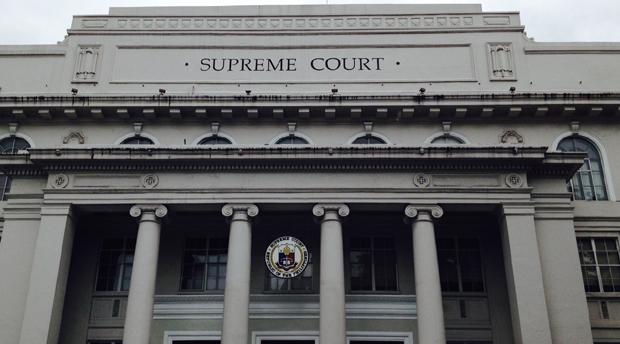Ombudsman can be challenged by lower courts–SC
THE SUPREME Court has voided with finality a legal provision sparing the Office of the Ombudsman from judicial review in the course of its investigations, thus allowing courts other than the high tribunal to stop the enforcement of its decisions and findings.
On the second week of its summer sessions in Baguio City, the high court en banc dismissed Ombudsman Conchita Carpio Morales’ reconsideration plea to its Nov. 11, 2015, ruling that had stricken down as unconstitutional a provision in the 1989 Ombudsman Act barring courts apart from the high tribunal from stopping the Ombudsman’s investigations.
The court also upheld its abandonment of the condonation doctrine, which spares officials from administrative liability by virtue of reelection, on a prospective basis.
Thus, reelected officials may no longer invoke the doctrine to evade administrative accountability when tagged in wrongdoing.
Tuesday’s en banc ruling resolved Morales’ plea against Court of Appeals (CA) proceedings on dismissed Makati Mayor Jejomar Erwin “Junjun” Binay’s petition against his suspension last year over corruption allegations, which has since been rendered moot by his removal from City Hall.
Article continues after this advertisementDuring proceedings on the case, the Ombudsman asserted its authority to pursue investigations free from the intervention of other courts, except the Supreme Court.
Article continues after this advertisementBinay, meanwhile, invoked the condonation doctrine, asserting he could no longer be held administratively liable for allegations against him from his previous term because he was reelected in 2013.
The Ombudsman dismissed Binay in October after finding him liable for grave misconduct and serious dishonesty for his involvement in the alleged overpricing of the P2.3-billion City Hall building project. He had gone to the appellate court in March and June to stop two suspension orders against him while under investigation for several corruption charges.
In its affirmed ruling, the high court found unconstitutional the second paragraph of the Ombudsman Act’s Section 14, allowing the CA and other lower courts to hear pleas against the agency’s findings and decisions.
This grant gave the courts “limited” power of review when allegations of grave abuse of discretion are lodged against the Ombudsman’s findings and orders.
